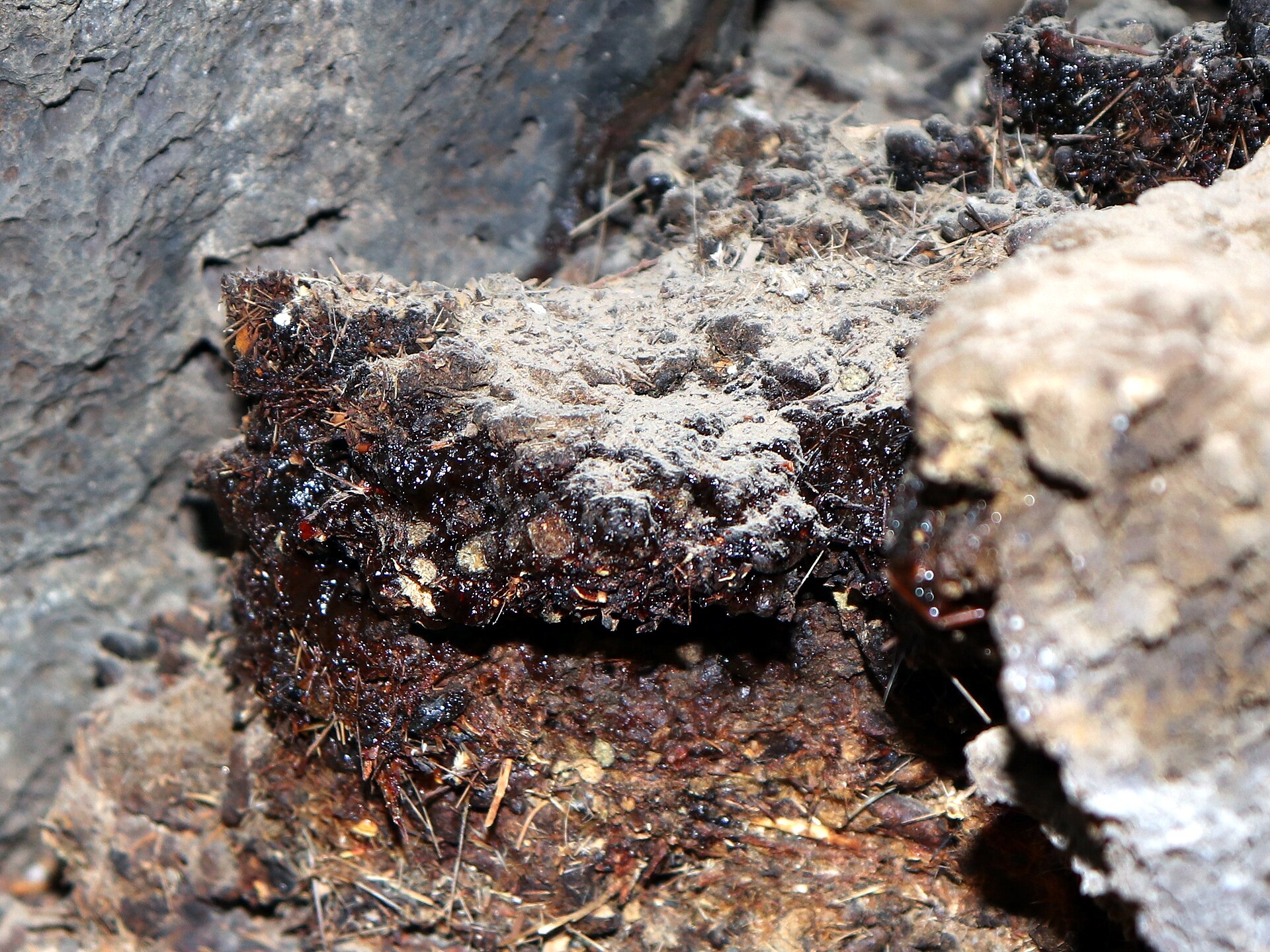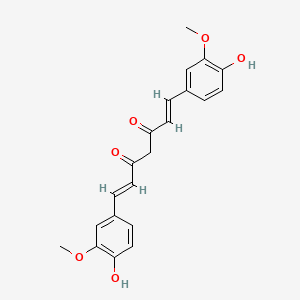


1-(3-Dimethylaminopropyl)-3-Ethyl Carbodiimide Hydrochloride (EDAC·HCl) is a carbodiimide reagent widely used as a coupling agent in peptide synthesis and in conjugation reactions. It works by activating carboxyl groups on amino acids and facilitating the formation of peptide bonds. EDAC·HCl is particularly important in the creation of biomolecule conjugates, such as when linking haptens to proteins or polypeptides. Additionally, it is used in immobilizing biomolecules for various research applications, including the development of biosensors. Also called (1,3-Propanediamine, N'-(ethylcarbonimidoyl)-N,N-dimethyl-, monohydrochloride)


1-(3-Dimethylaminopropyl)-3-Ethyl Carbodiimide Hydrochloride (EDAC·HCl) is a carbodiimide reagent widely used as a coupling agent in peptide synthesis and in conjugation reactions. It works by activating carboxyl groups on amino acids and facilitating the formation of peptide bonds. EDAC·HCl is particularly important in the creation of biomolecule conjugates, such as when linking haptens to proteins or polypeptides. Additionally, it is used in immobilizing biomolecules for various research applications, including the development of biosensors. Also called (1,3-Propanediamine, N'-(ethylcarbonimidoyl)-N,N-dimethyl-, monohydrochloride)

.3d8f8f41.svg)
Pharmaceutical
.3556d45a.svg)

Pharmaceutical Actives & Precursors


Intermediates & Precursors
Included in Quote
Included in Quote
Included in Quote
Included in Quote
.7767eb0f.png)

Chemical Properties & Specifications
EDAC·HCl is extensively used to activate carboxyl groups in peptides, enabling the formation of peptide bonds between amino acids, facilitating the synthesis of peptides and proteins.
It is used to link haptens to carrier proteins, making it essential in the preparation of vaccines and in various immunoassays.
When combined with N-Hydroxysuccinimide (NHS), EDAC·HCl is used for immobilizing biomolecules onto solid supports, which is essential in the fabrication of biosensors and affinity chromatography applications.
EDAC·HCl activates the carboxyl group of an amino acid, facilitating the formation of a peptide bond with the amine group of another amino acid, essential for peptide synthesis.
EDAC·HCl is often preferred for aqueous peptide synthesis because of its water solubility, making it more versatile and safer for various biological applications compared to other coupling agents.
Yes, EDAC·HCl is scalable for industrial peptide synthesis and is commonly used in biotech manufacturing for the production of biologics, vaccines, and therapeutic peptides.
Yes, EDAC·HCl is frequently used with NHS (N-Hydroxysuccinimide) for enhanced coupling efficiency and minimal side reactions in peptide and biomolecule conjugation.
While EDAC·HCl is a powerful coupling agent, it should be handled with appropriate protective gear, including gloves, goggles, and lab coats, as it can cause skin and eye irritation.
EDAC·HCl is commonly used in the synthesis of peptides and the production of biomolecule conjugates, such as in immunotherapy and vaccine development.

CAS No. : 97952-72-2
Category : Nutraceutical Ingredients
Sub-Category : Herbal Extracts
Description: Boswellia Serrata Extract standardized to 65% boswellic acids is a potent anti-inflammatory herbal e...

CAS No. : 13185-33-4
Category : Nutraceutical Ingredients
Sub-Category : Mineral Extracts
Description: Shuddha Shilajit is a purified and concentrated dry extract derived from natural exudates found in h...

CAS No. : 458-37-7
Category : Nutraceutical Ingredients
Sub-Category : Plant Extracts
Description: Curcumin 95% is a standardized turmeric extract derived from the rhizomes of Curcuma longa, enriched...

CAS No. : 90147-43-6
Category : Nutraceutical Ingredients
Sub-Category : Herbal Extracts
Description: Ashwagandha Extract standardized to 5.0% withanolides is a high-strength adaptogen sourced from the ...
